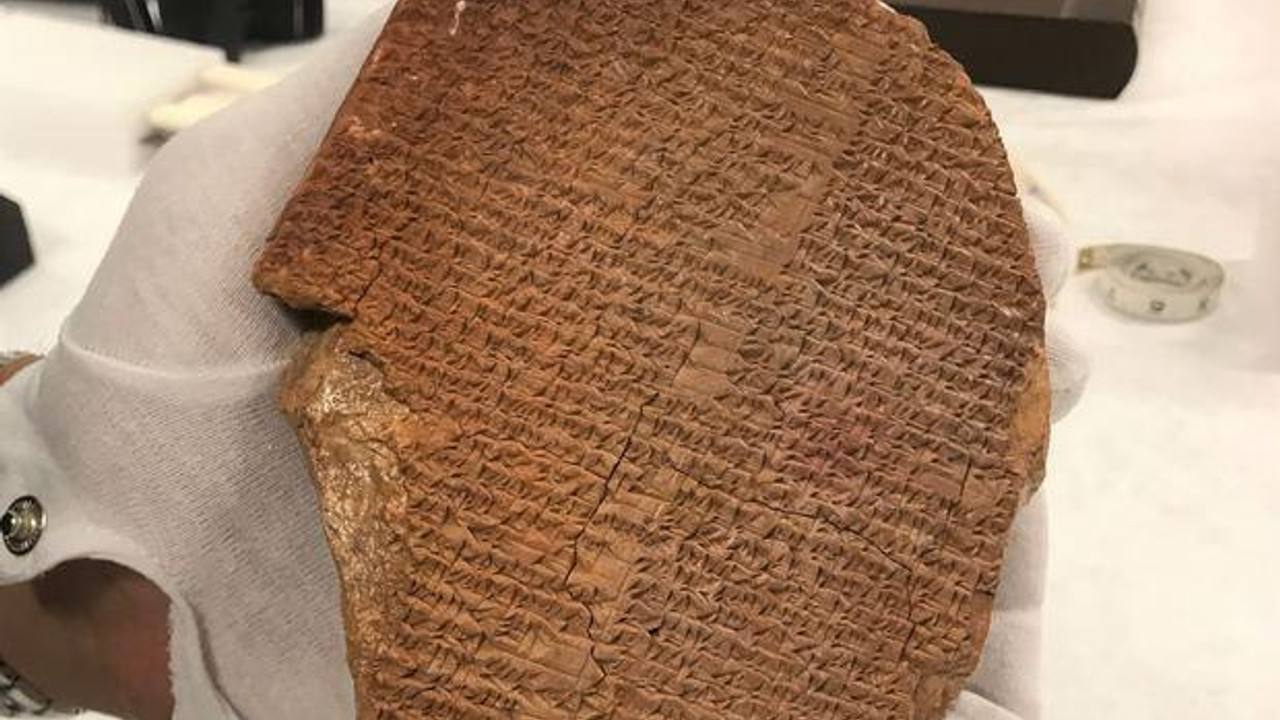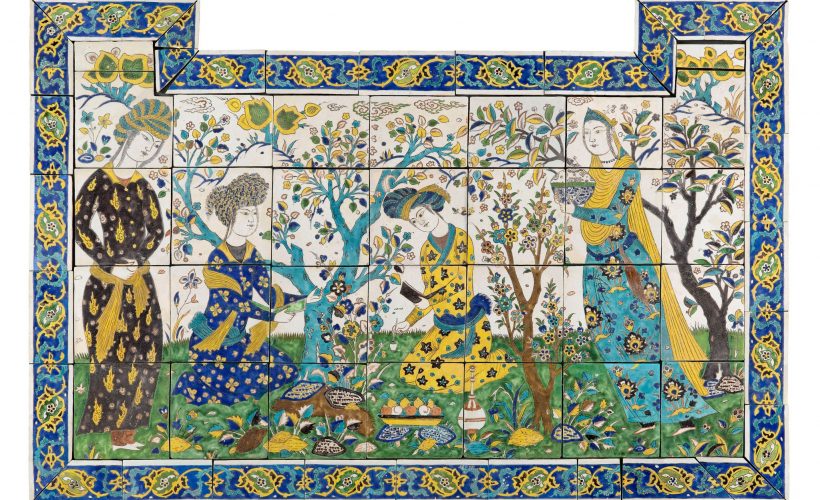History & Heritage
8.5.2021
17,000 Iraqi archeological items returned by the United States

After several months of discussions between Iraqi authorities and their American counterparts, Minister of Culture Hassan Nazim, proudly announces that no less than 17,000 items dating from 4,000 years will be returned to their country of origin. This is the largest restitution of antiquities to Iraq,” he says, relieved.
This phenomenon is unfortunately not new: indeed, Iraq and its archaeological sites have been the continuous targets of looting and theft for decades. Qahtan al-Obaid, Director of Antiquities and Heritage at the Basra Museum (a city in southwestern Iraq), explains that the damage caused by these robberies is unquantifiable and that they are not only the result of organized crime but also of local people trying to ensure their survival.
The destruction and looting of several sites, such as the National Museum and the one mentioned in this article, were caused by the American invasion of the Iraq war in 2003 and the subsequent fall of Saddam Hussein.
Jacquelyn Kasulis, the American prosecutor in charge of the case, describes the items as “masterpieces” and has naturally taken a position in favor of the return of this treasure to Iraq.
Indeed, the items held by the United States tell the story of the commercial exchanges of the Sumerian period, that is to say the oldest civilization of Mesopotamia (approximately -3400 to – 2004 BC), often considered as the heart of civilization.
A clay tablet from about -3500 BC was also found in the United States as it was fraudulently introduced on the market. It is believed to contain fragments of the Epic of Gilgamesh, one of the oldest literary works of mankind, of which versions have been found in Syria, Anatolia and Palestine. The language used on the tablet is cuneiform, the oldest known writing style along with hieroglyphics; as its name suggests, the writing is composed of signs made up of lines ending in “wedges” or “nails” (from the Latin cuneus).
These precious relics of Iraqi history will be carefully carried on the plane of Prime Minister Mustafa al-Kazimi, on his return from a visit to the United States with President Joe Biden.
This step is, according to the Prime Minister’s hopes, the beginning of the return of its treasures to Iraq and the revaluation of its heritage.
popular

